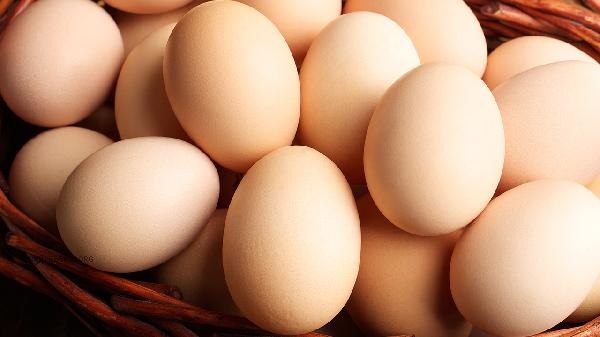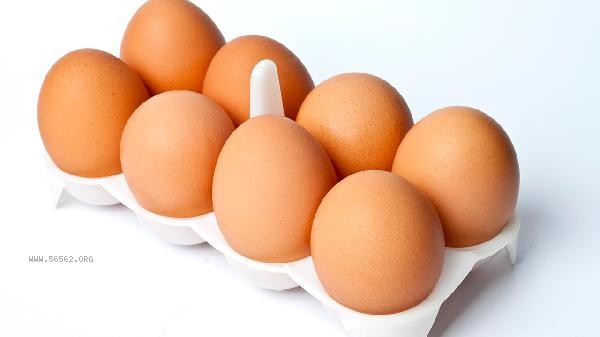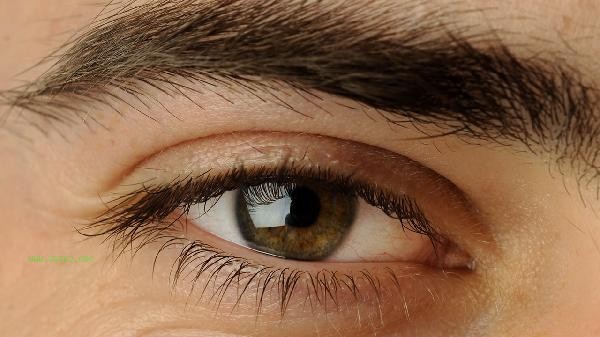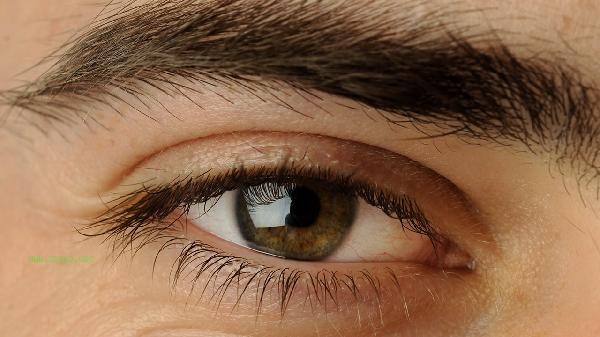Eating protein for a day usually does not directly lead to significant weight loss, but may have a slight weight loss effect due to short-term calorie control. A high protein diet affects weight through mechanisms such as increasing satiety, reducing total calorie intake, and promoting muscle synthesis, but daily dietary changes cannot achieve sustained weight loss. A high protein diet may lead to water loss and temporary weight loss in the short term due to reduced carbohydrate intake. Protein foods have a slower digestion rate and can prolong gastric emptying time, avoiding frequent eating. High quality proteins such as chicken breast, fish, egg whites, etc. require more energy to digest and absorb, producing a food heat effect, but the daily calorie difference is limited. Insufficient protein intake may break down muscles for energy supply, while sufficient protein helps maintain muscle mass and avoid a decrease in basal metabolic rate. Long term single high protein diet may lead to nutritional imbalance, lack of dietary fiber causing constipation, and excessive protein increasing liver and kidney burden. Some populations, such as those with renal insufficiency, need to strictly control their protein intake. A high protein diet should be combined with moderate amounts of carbohydrates and healthy fats to ensure adequate intake of vitamins and minerals. Completely relying on protein for weight loss may lead to risks such as ketosis and electrolyte imbalances, and sudden resumption of regular diet can easily cause a rebound.

It is recommended to adopt a balanced diet combined with exercise to achieve healthy weight loss. The daily protein intake should be calculated at 1.2-1.6 grams per kilogram of body weight, with priority given to high-quality protein sources such as low-fat dairy products, beans, and lean meat. During the weight loss period, the protein ratio can be appropriately increased to 30% of total calories, but it is necessary to ensure that you drink more than 2000 milliliters of water per day and supplement dietary fiber with dark vegetables. If there are persistent symptoms such as fatigue and dizziness, it is necessary to adjust the diet structure in a timely manner and consult a nutritionist to develop personalized plans if necessary.










Comments (0)
Leave a Comment
No comments yet
Be the first to share your thoughts!